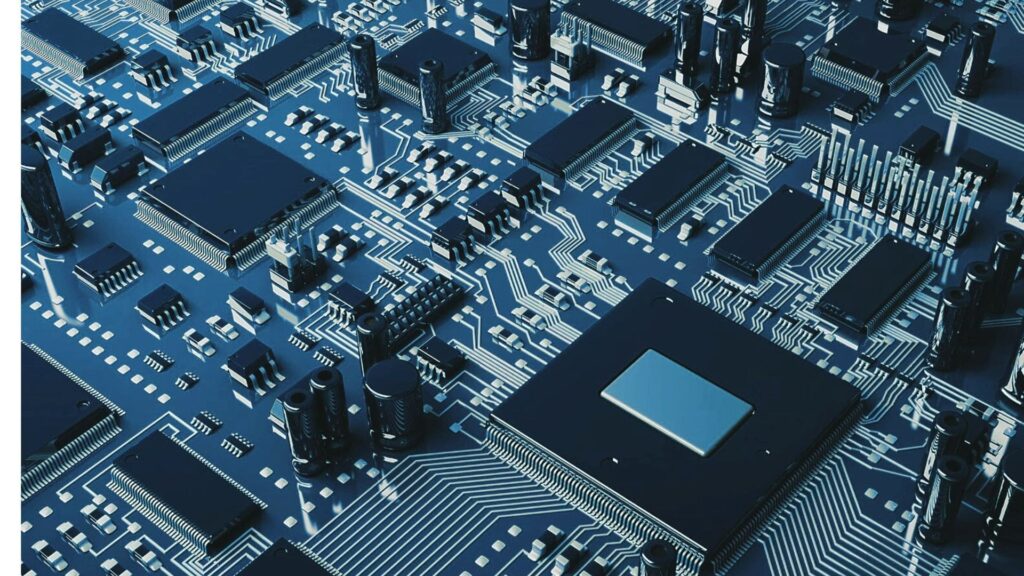In the midst of a persisting chip market downturn, Tokyo Electron Ltd., Asia’s largest semiconductor equipment manufacturer, is finding solace in the accelerated investments by Chinese chip-makers.

As the United States and its allies impose stricter export controls on cutting-edge technology, Chinese players are turning to mature semiconductor equipment, bolstering Tokyo Electron’s revenues. Tokyo Electron’s CEO, Toshiki Kawai, revealed on an earnings call that the company is experiencing “extremely strong investment” in China, leading to the acquisition of new customers. Kawai asserted that this trend is not a fleeting phenomenon limited to the current year but is anticipated to continue due to sustained demand.
This surge in demand from China is effectively compensating for the investment delays encountered among high-end logic chip manufacturers and foundries. Remarkably, China’s contribution accounted for 39% of Tokyo Electron’s revenues in the recent June quarter.
Tokyo Electron occupies a pivotal role in the chipmaking supply chain, supplying the machinery pivotal to Taiwan Semiconductor Manufacturing Co., Samsung Electronics Co., and Intel Corp. The company is weathering the storm by aligning its strategy with the prevalent market dynamics. It anticipates continued investment momentum in the automotive and industrial sectors, consistent with trends observed in the preceding fiscal year.
Despite a challenging global electronics market that led to a 17% sales drop in the June quarter, Tokyo Electron remains resolute in its full-year revenue forecast of ¥1.7 trillion ($11.8 billion). The company achieved an operating profit of ¥82.4 billion, slightly surpassing estimates. Hiroshi Kawamoto, Tokyo Electron’s finance unit head, stated that the Chinese clients are proactively adapting their strategies to circumvent restrictions, showcasing resilience in the face of evolving challenges.
Also Read: Apple is working on its most powerful MacBook chip yet, the M3 Max
Notably, the company remains unscathed by Japan’s newly imposed constraints on chip-making equipment shipments, indicating its operational robustness. Tokyo Electron’s positive performance can be attributed to the advantageous boost from China, which counterbalances the subdued spending witnessed in other quarters due to the prevailing market slump. The global chip landscape has been marked by uncertainty, leading to July’s announcement by TSMC of a lowered annual sales projection and the postponement of its Arizona project’s production initiation to 2025.
However, despite the subdued market conditions, Tokyo Electron’s Hiroshi Kawamoto remains optimistic about the future. He revealed that the company has received numerous inquiries regarding artificial intelligence (AI)-related investments. Although the initial impact might be modest, the company believes that AI will gradually contribute to its earnings in the upcoming fiscal year. As the chip market experienced a probable bottoming out last quarter, Tokyo Electron positions itself to harness the evolving landscape, counting on innovation and strategic partnerships to navigate the ongoing challenges.

I am a law graduate from NLU Lucknow. I have a flair for creative writing and hence in my free time work as a freelance content writer.